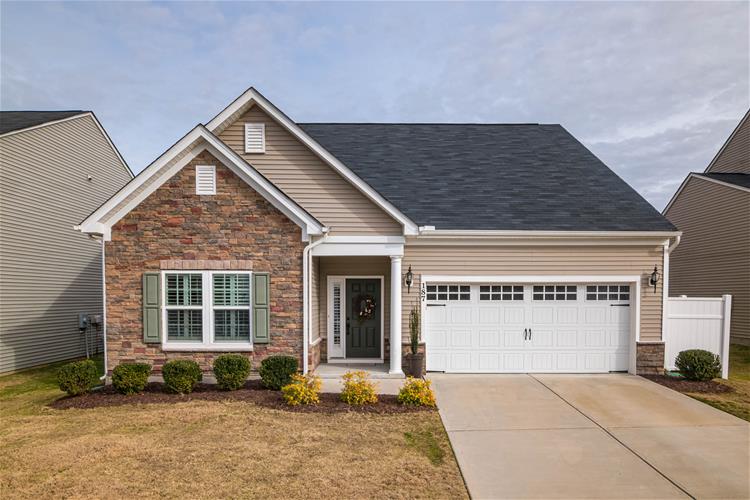Let’s start our discussion with the definition of a mortgage. According to the Consumer Financial Protection Bureau, “A mortgage is an agreement between you and a lender that allows you to borrow money to purchase or refinance a home and gives the lender the right to take your property if you fail to repay the money you've borrowed.” With that said, it’s very important that you take into consideration all aspects of homeownership and purchasing to avoid biting off more than you can afford.
When looking at how much house we can afford we want to look at a few key items:
- Household income
- Monthly debts
- Savings
It’s important to understand how your money is working for you. A great place to start is to sit down and create a budget, even looking at how much you spend on dining out and gas! Once you have a good understanding of your monthly debts and spending you can start with the math. As a general rule, housing should be no more than 28% of your monthly income.
When it comes to your savings, a good rule of thumb is to have three months of payments, including your housing and other monthly debts. This will allow you to cover your mortgage payment in case of some unexpected event.
It’s important to note, that on top of your mortgage payment, you will likely have additional costs such as property taxes, insurance, and possibly mortgage insurance. Often these costs are rolled into your monthly payment and deposited into an escrow account that is used to pay those additional expenses when they become due. It’s recommended to utilize an escrow account to avoid surprises at tax time!
Next, we will look at the one-time costs of buying a house.
Down payment
The recommended down payment is 20% of the purchase price. Though a 20% down payment would enable you to skip mortgage insurance, putting 20% down isn't required. Depending on what kind of home loan you get (you can learn more about loan options HERE), you may not need any money for a down payment!
Closing costs
Closing costs are fees paid at the close of a real estate transaction. Closing costs are generally 2% to 5% of the total price of the home. For example, with a $300,000 home, you could expect to pay $6,000 to $15,000 in closing costs. These costs can include lender fees, prorated property taxes, homeowners’ insurance, homeowners’ association fees, home inspection, appraisal, real estate attorney fees, transfer tax, title search, and insurance fees. Sometimes you can negotiate these costs with the seller.
Now that we have a general idea of the costs, we can look at how much we can afford. When you’re looking at homes to purchase bigger isn’t always better. Take into consideration the costs of upkeep. Sure, those big beautiful windows may let in the morning sun, but they also let out the winter heat. Having extra land may seem like the dream, but are you going to need a bigger mower to keep it cut? What about utilities? Is the home connected to city services or is it on propane and septic? Are you going to have to drive further to work? While these may not seem like big concerns, they could greatly affect your monthly debts, so it’s important to look at the whole picture.
Buying a home can truly be an exciting experience, but it can also feel overwhelming. With this information we hope you can get started planning for your future home. 4Front also offers a Mortgage Calculator to keep things easy. Ready to talk to a mortgage loan officer? Contact us today!
